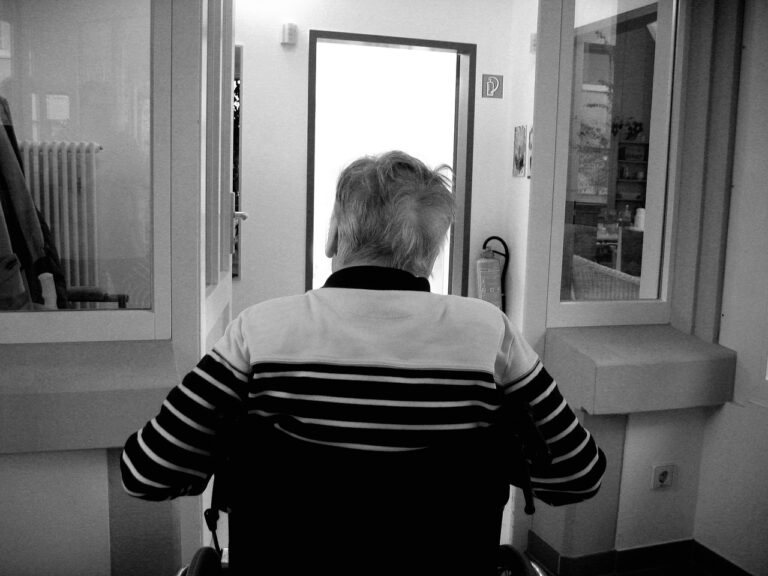The Impact of Technology in Mental Health Counseling
Mental health counseling practices have transformed significantly over the past few decades. What was once primarily focused on traditional face-to-face therapy sessions has now embraced a more diverse range of approaches. Therapists today often combine various techniques and therapies to cater to the unique needs of each client. The emphasis on holistic well-being and personalized treatment plans has become more pronounced in the field of mental health counseling.
Moreover, technological advancements have played a pivotal role in shaping the evolution of mental health counseling practices. The integration of online platforms and teletherapy services has provided clients with greater convenience and accessibility to mental health services. This shift has not only broken down barriers to seeking help but has also allowed therapists to connect with clients in remote or underserved areas, thereby expanding the reach of mental health support.
• The emphasis on holistic well-being and personalized treatment plans has become more pronounced in the field of mental health counseling.
• Therapists today often combine various techniques and therapies to cater to the unique needs of each client.
• Technological advancements have played a pivotal role in shaping the evolution of mental health counseling practices.
• The integration of online platforms and teletherapy services has provided clients with greater convenience and accessibility to mental health services.
• This shift has not only broken down barriers to seeking help but has also allowed therapists to connect with clients in remote or underserved areas, thereby expanding the reach of mental health support.
The Role of Teletherapy in Increasing Access to Mental Health Services
Teletherapy is revolutionizing the field of mental health counseling by breaking down traditional barriers to accessing care. This innovative approach enables individuals to receive therapy from the comfort of their own homes, eliminating the need to travel to a therapist’s office. By leveraging technology such as video conferencing and messaging platforms, teletherapy provides a convenient and flexible option for those who may have difficulty accessing traditional in-person counseling services.
Moreover, teletherapy has the potential to reach a broader range of individuals who may otherwise have limited access to mental health services. In particular, people living in remote or rural areas, individuals with physical disabilities, or those with demanding work schedules can benefit from the convenience of teletherapy. This increased accessibility not only helps to reduce stigma surrounding mental health treatment but also promotes a more inclusive approach to addressing mental health needs in diverse populations.
Advantages of Online Platforms for Mental Health Counseling
Online platforms for mental health counseling offer numerous benefits to both clients and counselors. One major advantage is the increased accessibility it provides. Clients can schedule sessions from the comfort of their own homes, eliminating the need to travel to a physical office. This is particularly beneficial for individuals with mobility issues or those living in remote areas with limited access to mental health services.
Additionally, online platforms offer greater flexibility in terms of scheduling appointments. Clients have the freedom to choose appointment times that best suit their needs, and counselors can often accommodate a wider range of availability. This flexibility can be especially helpful for individuals with busy schedules or those who work irregular hours. Overall, the convenience and flexibility of online platforms make mental health counseling more convenient and accessible for a larger population.
What is teletherapy?
Teletherapy is a form of mental health counseling that is conducted through online platforms, such as video calls, phone calls, or messaging.
How has teletherapy evolved in mental health counseling practices?
Teletherapy has evolved to increase access to mental health services for individuals who may have difficulty accessing traditional in-person therapy. It has become a popular and effective alternative for many people.
What are some advantages of using online platforms for mental health counseling?
Some advantages include increased convenience, accessibility, flexibility in scheduling appointments, reduced stigma associated with seeking help, and the ability to receive counseling from the comfort of one’s own home.
Is online counseling as effective as traditional in-person counseling?
Many studies have shown that online counseling can be just as effective as traditional in-person counseling. It ultimately depends on the individual and their specific needs and preferences.







